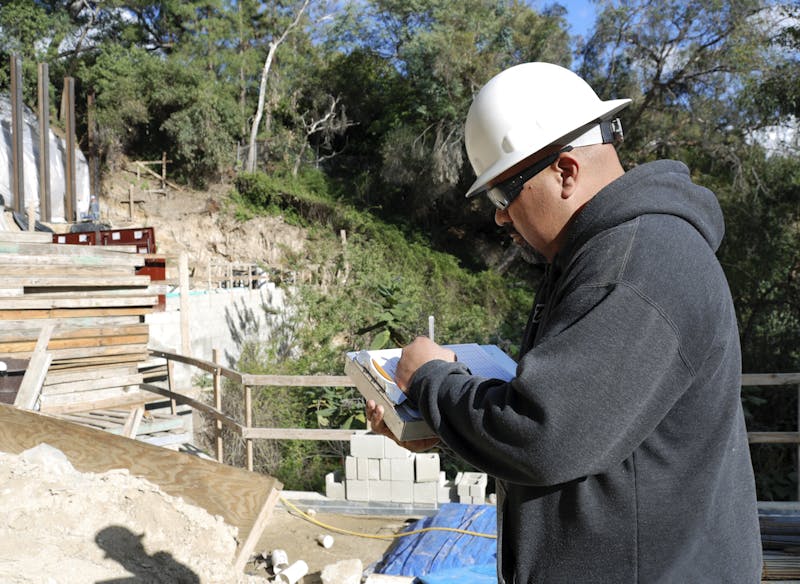
The growing popularity of modular construction has raised questions about its regulation. Many people assume there is a specific "modular building code" that governs these innovative structures. However, the truth is simultaneously more straightforward and complex: no dedicated modular building code exists. Instead, modular construction follows the same strict codes as traditional construction, along with additional guidelines and standards that address the unique challenges of modular builds.
In this blog, we will outline everything you need to know about modular building code requirements.
Guidelines, Standards, and Codes: What’s the Difference?
Building Codes
- These are legally enforceable regulations adopted at the state, provincial, or local level.
- They dictate how buildings must be constructed to ensure safety and compliance.
- Modular buildings have no exceptions or exemptions; they must meet the same requirements as traditional buildings.
Guidelines
- Guidelines are educational tools, not legally binding documents.
- They offer recommendations for addressing emerging trends and technologies.
- For example, the G5-2019 Guideline for ISO Intermodal Shipping Containers helps jurisdictions understand how repurposed containers can be safely used as building components.
- Guidelines fill gaps between code updates and provide direction when codes don’t explicitly address a new technology or material.
Standards
- Standards establish agreed-upon best practices for specific industries or applications.
- CSA A277 governs prefabricated buildings in Canada, ensuring factory-built modules meet quality certification requirements.
- UL 2600 addresses relocatable modular structures for temporary use, focusing on safety and functionality.
- Standards are not enforceable unless adopted by a jurisdiction or referenced in building codes.
What Are Modular Building Codes?
While the term “modular building code” is often used, no such code exists. Modular buildings are regulated by the same state-adopted versions of the International Building Code (IBC) or other applicable codes, just like site-built structures. These codes ensure safety, functionality, and durability regardless of the construction method.
For example:
- In the U.S.: States adopt and amend versions of the IBC, which is updated every three years. Regional variations mean compliance depends on the specific state or even local jurisdiction.
- In Canada: The National Building Code (NBC), updated every five years, serves a similar purpose.
Modular construction must meet all applicable sections of these building codes. The code's silence on modular construction is not an exemption; it means the rules apply universally.
Special Considerations for Modular Construction
While permanent modular buildings follow the same codes as traditional structures, relocatable buildings have unique considerations. For example:
- Section 3113 of the 2018 IBC: Provides enforceable language for relocatable modular buildings.
- Alberta Building Code Part 10: Addresses specific requirements for relocatable buildings in Canada.
These exceptions often allow flexibility in design while ensuring safety and usability.
State-Level Regulations
The modular industry is primarily regulated at the state level in the U.S., with over 35 states having administrative agencies overseeing modular construction. These agencies set requirements for plant inspections, quality control, and plan approvals, which vary from state to state.
The Bottom Line
When building modular projects, it’s essential to remember the following:
- Modular buildings must meet the same building codes as site-built structures
- Guidelines and standards help address emerging trends but are not enforceable unless adopted into codes
- Compliance depends on understanding state or local requirements and staying updated with evolving standards
Navigating modular building code requirements can feel complex, but it becomes a streamlined process with the right expertise. At RAD Technology Medical Systems, we simplify the journey for our clients. With over two decades of experience in modular medical construction, we ensure your project adheres to all applicable codes and standards while delivering high-quality, adaptable facilities.
Build confidently with RAD as your partner in modular innovation and compliance. Contact us today to learn more.